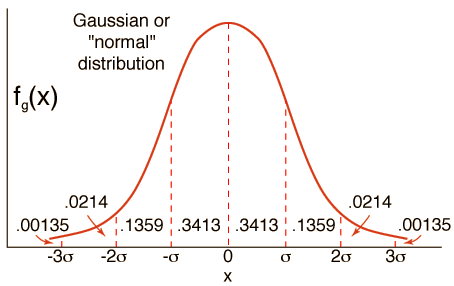Facts vs Information
Facts vs Information
The thoughts posted don't at all say to ignore facts, nor to listen only to opinion. And solipsism (believing that oneself is the only truly verifiable thing in the universe) would be entirely missing the point.
The post is to bring consideration to what a "fact" or result is, relative to study statistics. "Facts" are data bits, and do not stand on their own. Like words, they have many meanings, quantifiable only within context. When the meanings behind the facts (results) are misinterpreted, then facts are rendered worse than opinions, as they are unduly weighted with acceptance.
What we actually seek from studies is information, not facts. Information is usable truths. Information is facts in context.
From the post: "We frequently only look at a summary of their results, denying ourselves the context of the numbers given, and thus some of their meaning. As such, it makes sense to temper our reactions as much as possible, in relation to what we really know about the genesis of the numeric outcomes."
It's not that studies do not allow good and useful information to be derived from their results (facts). But facts are not information until they have been successfully interpreted. Moreover, it's possible there's even more good information in the study notes that Burair kindly published for us than there is in the study numbers themselves - especially regarding personal risk profiles - because of interpretation.
The point is to determine what the data in the summary actually mean to us. From the post: "Try to look at studies insofar as they reasonably relate to your own, personal circumstance."
There is limited value to a newly-implanted 75-year-old gnawing at himself over the stroke statistics for valves that have been implanted for 40 years. There is also no good to a 50-year-old mitral implantee being shocked and upset by a statistic that is weighted toward the worst case, due to the inclusion of many candidates who have much higher risk profiles than she has. That "fact" (result) is not accurate for her, and isn't intended to be, based on the notes attached and the process followed to conduct the study.
A summation of this stance would be to look at the study results, then at all the notes that accompany the study. The conclusion is:
(Result table): These results are true...
(Accompanying notes): ...as long as you take into account all these other things we are listing, and maybe some other stuff we haven't thought of yet.
The second part of the sentence is the interpretation, and it is absolutely critical to the value of the first part.
Best wishes,






